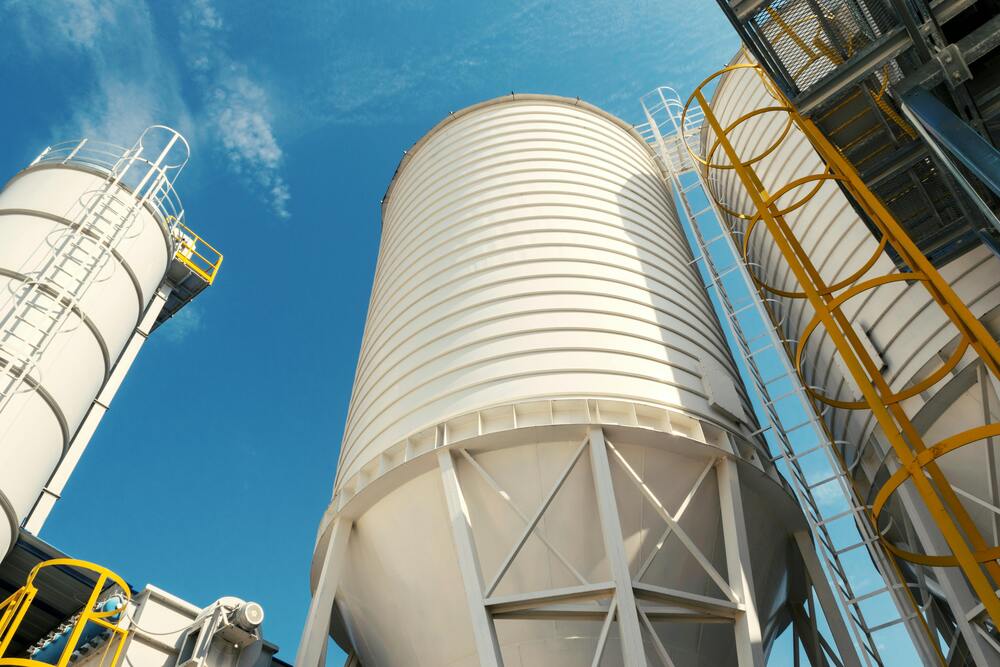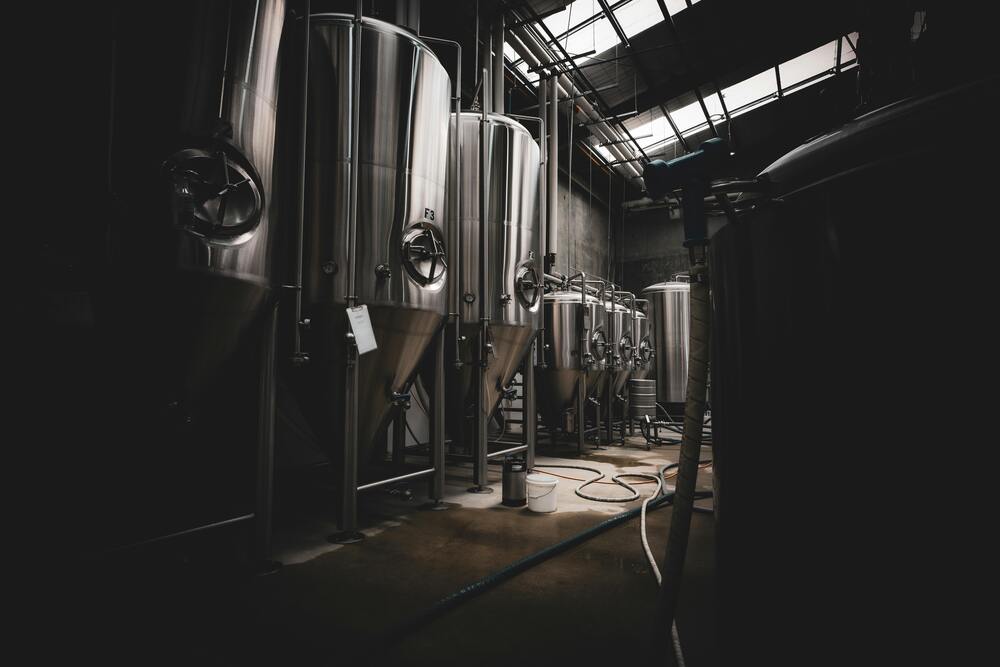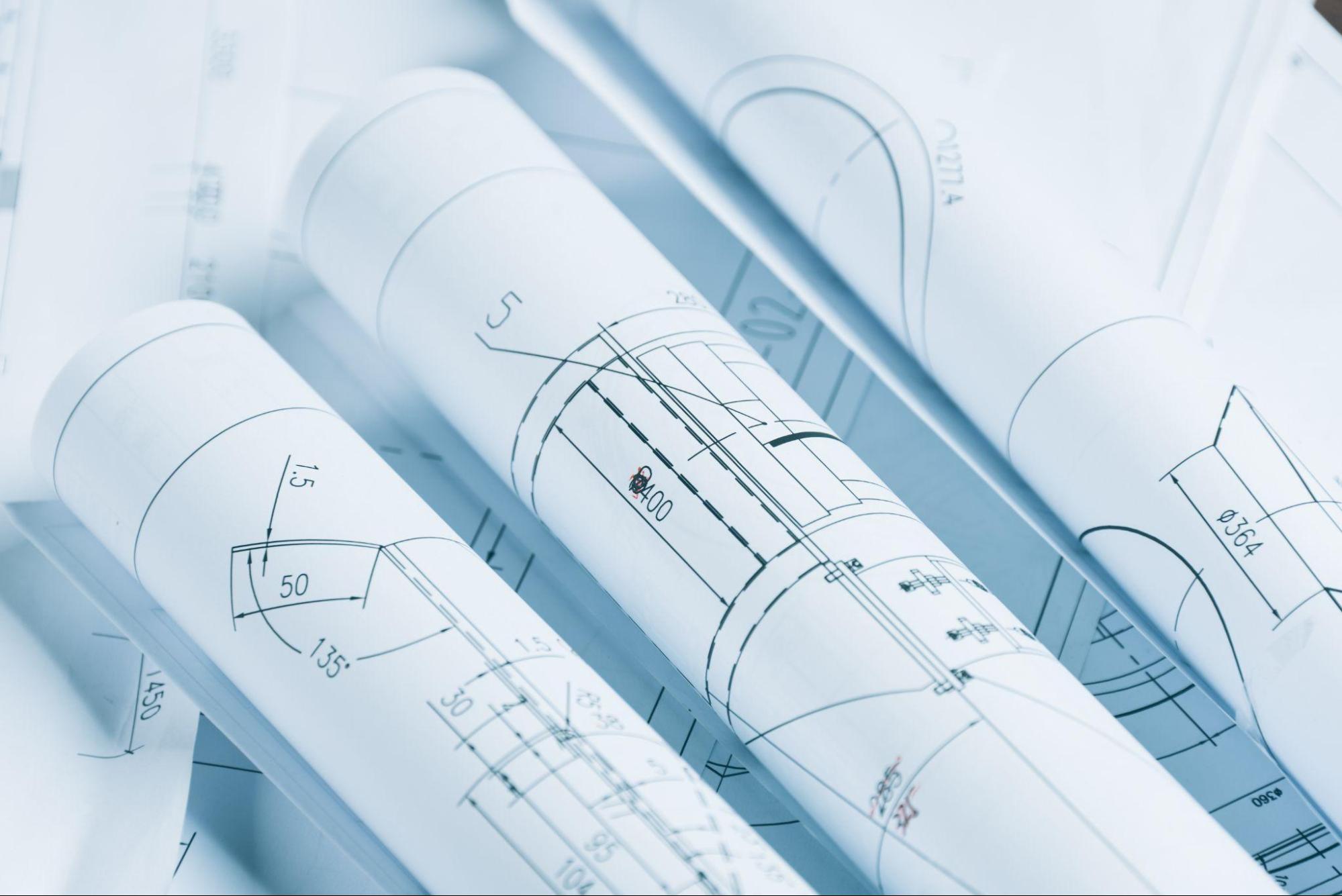Silos are structures fundamental in industrial sectors, such as the food manufacturing industry, as they are used for storing bulk materials, particularly powders, grains, and feeds. Their purpose, however, extends far beyond simple containment, making the precision of their design a critical consideration for any operation.
An expertly engineered and well-executed powder silo design is fundamental to operational success. Such design ensures safe material handling, preserves product integrity, prevents costly waste, and guarantees a consistent operational flow. To achieve these outcomes, it’s essential to understand the key factors influencing silo design and the various phases involved in the design process.
Factors to Consider in the Silo Design
A successful powder silo design hinges on several critical factors that address the specific properties of the material being stored. Careful consideration of these elements directly influences the functionality and long-term performance of the silo.
- Material Flowability: One of the primary challenges in silo storage is ensuring consistent material discharge. Powders, for instance, can be prone to caking, bridging, or forming stable arches that block flow, while granulates may exhibit variable flow resistance. Addressing these potential flow issues during the initial design phase is critical to prevent blockages and maintain a steady output.
- Moisture Sensitivity: The moisture sensitivity of the stored material is another vital consideration, as many powders will absorb moisture directly from the ambient air. When environmental humidity is high, this absorption process accelerates, causing the product to degrade, solidify, or clump. Therefore, the silo must protect its contents from humidity to preserve product quality, a key requirement for any silo powder application.
- Hygienic Requirements: For industries such as food, beverage, and pharmaceuticals, sanitary requirements are non-negotiable; therefore, the design must prevent contamination and allow for easy and thorough cleaning. Some of the key design considerations required for hygiene compliance include the choice of materials and the smoothness of interior surfaces, among others.
Understanding the Important Phases in the Silo Design Process
Achieving an optimal design involves a systematic process with several distinct phases.
1. Storage Needs Analysis
A comprehensive assessment of storage requirements determines the fundamental parameters of the silo design. This involves calculating the necessary storage volume and analysing the product’s characteristics, such as its bulk density, moisture content, and particle size. This data is essential, as it directly informs all subsequent engineering and material choices.
2. Material Selection
Guided by the findings from the needs analysis, the selection of the construction material is a critical decision that directly influences the silo’s durability, hygiene, and operational lifespan. Some of the common materials used are:
- Stainless Steel: Often preferred for its excellent corrosion resistance and hygienic properties, making it ideal for food-grade applications.
- Trevira Fabric: Offers a flexible and easy-to-install alternative, suitable for specific indoor environments.
- Polyethylene: Can be a cost-effective choice for less demanding conditions where its chemical resistance is sufficient.
3. Material Flow Management
To prevent the flow problems identified earlier, various flow aid systems are integrated into the powder silo. These may include fluidisation systems that use compressed air to improve the flowability of fine powders, or mechanical agitators that prevent compaction or segregation.
Furthermore, precisely engineered metering valves are used to control the discharge rate, ensuring a consistent supply to downstream processes.
4. Control and Automation Systems
Modern silo storage incorporates advanced control and automation, which are essential components of efficient and reliable powder handling systems. These systems are crucial for safe and effective operation and include features like level sensors for real-time inventory data, temperature and humidity controls to maintain the ideal storage environment, and automated loading and unloading processes that reduce manual labour and minimise the risk of error.
Advantages of Having Custom-Designed Storage Silos
Opting for a custom-designed storage silo over a standard model is a strategic investment that yields distinct, measurable benefits in key operational areas. Unlike a one-size-fits-all standard model, a custom silo is designed from the ground up to align with your specific operational workflow, ensuring synergy with both upstream and downstream processes. It also helps with:
- Space Optimisation: The silo is engineered to fit the available footprint while maximising storage capacity.
- Operational Efficiency: By ensuring uninterrupted material flow, a custom design reduces downtime and boosts productivity.
- Enhanced Safety: Integrated monitoring and automation minimise the risks of accidents and material waste.
Let Pneu Powders Systems Help You
The design and implementation of a storage silo is a technical and strategic process that requires specialised expertise. Every decision, from the choice of construction material to the integration of flow-aid systems, directly impacts operational safety, production efficiency, and long-term profitability. Ensuring these details are correctly specified is fundamental to the success of any bulk material handling operation.
At Pneu Powders Systems, we provide this essential expertise by engineering sophisticated powder handling systems tailored for the demanding food manufacturing sector. Our approach is to design custom storage silos that solve challenges of material flow and capacity while adhering to the strictest food-grade hygiene standards. We partner with our clients to deliver robust industrial food processing equipment solutions that protect product integrity, enhance productivity, and provide a reliable foundation for their operations.
To discuss how our engineering team can design a silo storage solution tailored to your specific needs, get in touch with us today





